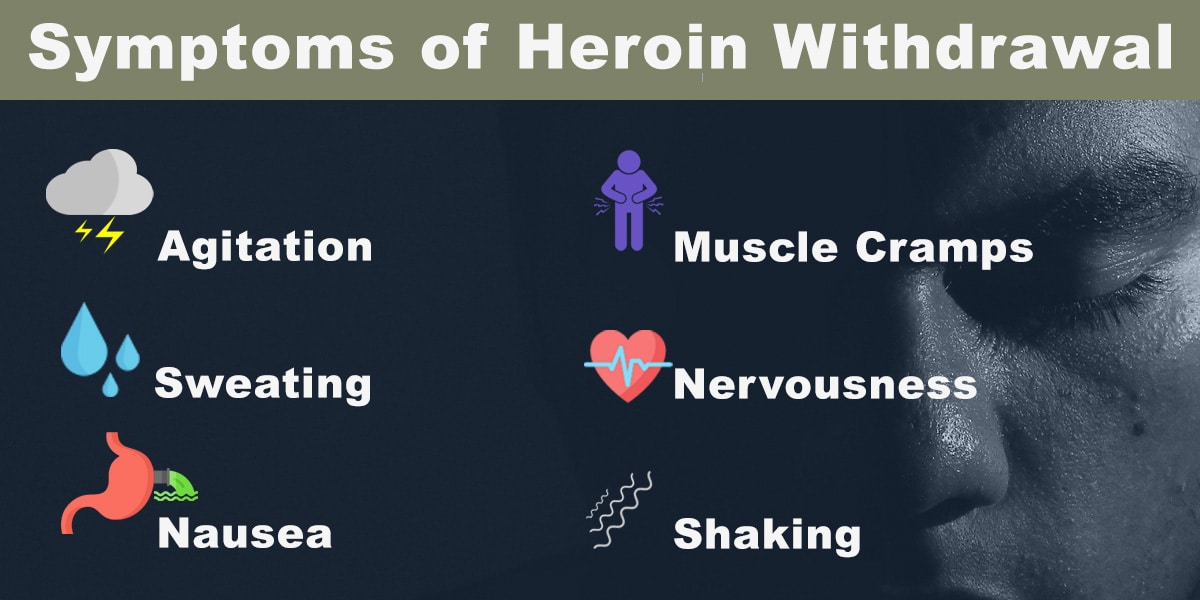Reach out to our compassionate team of experts for help with your journey to recovery. We’re here to support you every step of the way.
If you’re concerned about a friend or family member’s well-being, we’re here to guide them on their path to recovery. Let us be your partner in their healing journey.
Ensure you have the support you need by verifying your insurance coverage. We’ll assist you in understanding your options and getting the treatment you deserve.
 A form of opioid, heroin is a highly addictive illicit drug, which has become one of the most commonly abused in the United States. heroin addiction treatment center. Abusers of heroin get a surge of euphoria or pleasurable sensation that makes them feel high, due to the release of the dopamine neurotransmitter within the brain. Repeated administration of heroin often results in drug addiction which usually requires help from a heroin addiction treatment program.
A form of opioid, heroin is a highly addictive illicit drug, which has become one of the most commonly abused in the United States. heroin addiction treatment center. Abusers of heroin get a surge of euphoria or pleasurable sensation that makes them feel high, due to the release of the dopamine neurotransmitter within the brain. Repeated administration of heroin often results in drug addiction which usually requires help from a heroin addiction treatment program.
Many studies have declared heroin addiction as a rampant disease that kills thousands of people every year. For this reason, many people have been seeking treatment.
Unfortunately, this rate is getting worse not only in the United States but also all over the world. Many people in different parts of the world use this illicit drug as their last resort to feed painkiller addiction. In the past two decades, approximately 80 percent of individuals associated heroin addiction to prescription opiate use. This is what has made prescription opiate use as one of the risk factors of increasing heroin use.
If you or your loved one is addicted to this drug, seeking professional help is of paramount importance before it becomes the tragedy of your life. Know that heroin is an extremely addictive substance that can jeopardize not only your life but also your family’s life. Using its dosage eight times is enough to get you “high”.
Crest View Recovery Center in Ashville, North Carolina with its continual care model can help you fight chronic addiction at its heroin addiction treatment center.
Heroin is an analgesic drug that is derived from morphine. Known as junk, horse, smack, heroin comes in brown and white powder. Sometimes, it appears as a sticky substance that is called black-tar heroin. It is the natural derivative of the poppy plant that gives feelings of high elation and pleasure that are powerful enough to make individuals addicted to it.
Because of its potentially dangerous properties, the DEA has classified it as a Schedule I drug. Heroin is used for medicinal purposes in several countries, but in the USA it is not administered for medical treatment.
The reasons why heroin has adverse effects on users cannot be overlooked. It causes changes to how the brain works. It binds with the brain receptors, especially the brain area responsible for controlling mood and pleasure. It triggers neurotransmitters in the brain stem that are responsible for controlling autonomic body functions that may include arousal, breathing, and blood pressure.
Another reason why heroin is one of the most abused drugs is its easy consumption. You can snort it, smoke it, and inject it subdermally, intravenously, and intramuscularly. Moreover, heroin is a potent drug that is easy to obtain and supply. As compared to other drugs, it quickly reaches the brain and makes users feel high quickly. Prescription painkillers have played an important role in increasing heroin addiction. They are the gateway to severe heroin addiction. That means anyone who uses narcotic medications is susceptible to getting addicted to heroin. This is why the opioid epidemic has become an unresolved issue in the United States. Many people who were on prescription opiates are unable to afford it and may resort to illicit drugs like heroin use. it is because heroin gives a distinct high, cost less money, and is easily available.
The effects of heroin may vary from individual to individual, but in general, the illicit drug has a drastic impact on emotional, psychological, and physical health.
Heroin often comes with many additives such as starch and sugar that can clog arteries and veins. The blockage of vessels may lead to infection in the brain, liver, and lungs and can permanently damage them. Both long-term and potential effects of using heroin can exacerbate the health condition of the user. Plus, constant use of illicit drugs can increase the risk of bone and joint disorders such as arthritis and detrimental disease like tuberculosis.
The withdrawal symptoms are a major problem when it is about quitting heroin addiction. The harsh symptoms are hard to overcome without professional assistance in heroin addiction rehab.

As mentioned earlier, overcoming a substance use disorder that your brain and body are addicted to can be cumbersome. And quitting heroin is no exception. It is not only extremely painful but also potentially dangerous. This is why addiction experts don’t recommend self-detox. Addicted individuals are advised to seek treatment under the supervision of a medical professional which is a safe and effective way to recover from heroin addiction. With the help of a medical professional, you can learn to address and manage withdrawal symptoms, which include:
Our outpatient heroin rehab works with evidence-based heroin addiction treatment to ease the burden of our clients. Our competent staff members are experts in guiding you through each difficult step of the recovery process that begins with detox in our partner facility. Our impactful substance abuse treatment programs provide unparalleled individualized care.
We incorporate reality therapy that combines real-world situations and traditional clinical treatments to achieve lasting recovery.
The reality-based care model comprises:
Besides this, we include yoga classes in our addiction treatment program to make the most of a holistic approach and to make the treatment comfortable, and amenity-rich.
There is no point of waiting if you want to attain sobriety through heroin addiction help. Stop taking toll on your emotional and physical health and call Crest View Recovery Center’s processionals at (866) 327-2505 to learn about our heroin rehab program.
Stop trying to fight this battle alone. Let today be the day you take control back from addiction. Contact Crest View today.
